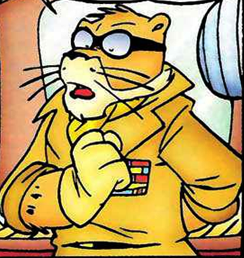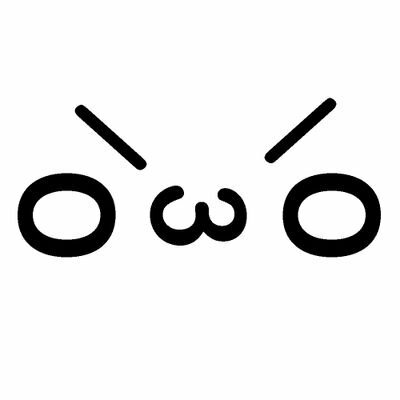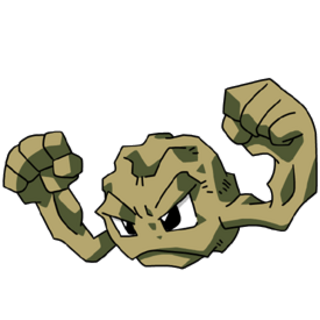Pretty close except scandinavia. It’s a mess up there.
I think it’s just not aligned, they didn’t get the scale perfect. That pointy bit over the ocean and the bit hanging down from it are actually pretty close to right, just need to be moved over and twisted a bit.
All in all, I don’t think I could do any better.
It was a mess up here, yeah! My home county, Telemark, was just a white spot with a lake in the middle on most maps at that time.
Since the Middle Ages, and when Norway was first mapped in the 17th century, Telemark had only been a white spot on the map, that is to say, no so-called learned person had traveled through the region, and the area was mostly unknown to people in the cities and along Coast. The Telemark farmers had a reputation for being quarrelsome and ‘bloodthirsty’ and would not go out of their way to kill both priest and bailiff if it suited them. The hand ax was in frequent use and the knife was loosely in the sheath!
Jeez.
Not much difference these days amirite
Holy shit my brain had a tough time with realizing that the normal map thing where the light part is land and the dark part is water isn’t what’s happening here 😅
Fuck, I only realized this after your comment. I kept turning my phone all different ways to try to see Europe.
For me it’s the opposite, so I sometimes get confused with maps using light for land and dark for sea, although those are rare
Me too, was having a hard time recognizing anything until I started looking at the “water.”
They didn’t know about the Netherlands
Had the Netherlands already started getting land back from water in the 16th century?
How’d that get its name? It sounds almost like a corruption of French “acheter mer” (“to buy sea”).
Achter means in a local sense ‘at the back’ or ‘behind’ and meer means either ‘more’ or means ‘sea’ (e.g. IJsselmeer).
So it referrs to either “more land behind” the city of Alkmaar or or a sea behind the city.
Lake, meer means lake. Achtermeer is best translated as back lake, or behind lake. Assuming achter in this case is used as this. It could also mean the lake of Acht. Since Acht could also be the name of a location. See Markermeer.
TY. Funny how German and Dutch switch meaning here:
- meer – der See
- zee – das Meer, die See.
Achter is like aft or after (as in behind); meer is like mere (as in a lake). Aftermere would be an English bastardisation of the name.
Thank you!
I think what @[email protected] means is that on the Ottoman map you kinda get France, and then directly on the coastline right north of France you get Jutland. It’s sorta like if you took Europe and did a ripple cut to remove the Netherlands out of it.
Yup! That’s what it looks like to me! After Denmark you get Sweden and Norway, and they’re easy to close to the UK!
Don’t underestimate the Wadden Sea.
What kind of projection is being used? Because each type of map geometry distorts elements, such as the way Greenland looks huge on the Mercator maps.
It’s the Mercator projection. The map behind it is just a normal map we’re used to seeing since it matches up fairly well it must be the same projection.
It’s noticeable different at the top though, so I doubt they were using the same projection as us.
The geography itself is mapped completely differently, I assume they just didn’t make many expeditions that far north.
Love how they dug a canal between Scotland and England.
It’s called Great Glen Fault and it is almost a straight line through scotland, although way farher up north
Quite accurate
What’s really interesting is the mild longitudinal shifts while latitudes are really good. No doubt this was in large part because we can use the direction of the sun and stars to get North or South, but for east or west you were much more dependent on precision timekeeping.
Quite accurate about the land they ruled over and the Mediterranean as a whole.
Ireland no longer looks like a teddy bear, but some sort of bottle opener :/
Just compressed Belgium and Holland out of that shit.
Holland hadn’t reclaimed its land from the Spatial Sea yet
You’d think they’d get Sinai right…
I’m not sure why Island appears to have been hit by an asteroid?
Mate thats Ireland
I like how there’s a lion drawn on the east coast of Greece











